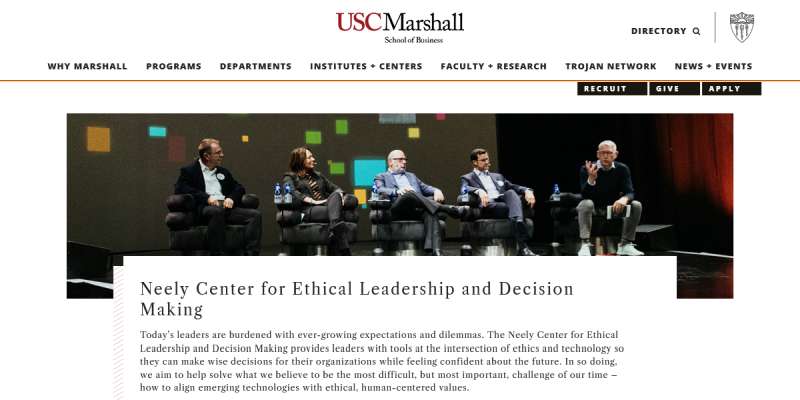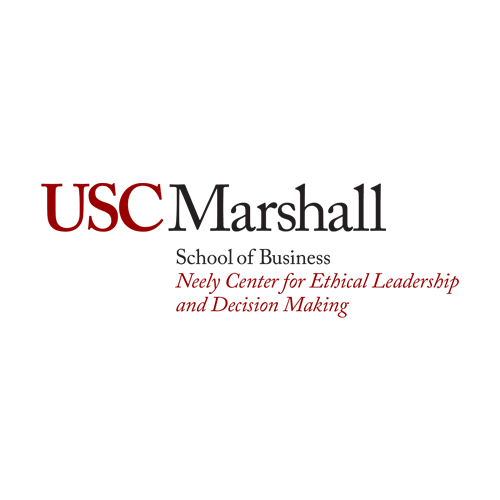
The University of Southern California Neely Center creates tools to inform the ethical design of technology. For example, our Design Code for Social Media has been endorsed and adopted by numerous policy makers, technologists, academics, and civil society groups all seeking to specifically improve technology’s impact on well-being.
Mar 2025: The USC Neely Center and Pinterest are among the co-authors of this report Better Feeds: Algorithms That Put People First, which provides a roadmap for algorithms that serve users’ long term aspirational preferences, rather than their short term consumption. As state, federal, and global policymakers grapple with how to address concerns about the link between online algorithms and a variety of harms, KGI’s latest report authored by a distinguished group of researchers, technologists, and policy leaders is a roadmap for design and governance solutions that put users first. Product designers and policymakers can promote better algorithms through detailed design transparency, user choices and defaults, and assessments of long-term impact.
Mar 2025: Alongside public health and legal scholars, the USC Neely Center co-authored this report, Social Media Harm Abatement: Mechanisms for Transparent Public Health Assessment, that specifies a specific mechanism for ongoing public health assessment of social media platform impact. The report will be published in an upcoming issue of the Annals of the NY Academy of Sciences. From the abstract: Social media platforms have been accused of causing a range of harms, resulting in dozens of lawsuits across jurisdictions. These lawsuits are situated within the context of a long history of American product safety litigation, suggesting opportunities for remediation outside of financial compensation. Anticipating that at least some of these cases may be successful and/or lead to settlements, this article outlines an implementable mechanism for an abatement and/or settlement plan capable of mitigating abuse. The paper describes the requirements of such a mechanism, implications for privacy and oversight, and tradeoffs that such a procedure would entail. The mechanism is framed to operate at the intersection of legal procedure, standards for transparent public health assessment, and the practical requirements of modern technology products.
July 2024: The USC Neely Center joined the Inspired Internet Pledge as an Advisor.
Oct 2023: USC Neely Center’s Design Code for Social Media launches 9 specific content agnostic design solutions to empower users and improve the societal impact of social media platforms.They are informed by evidence from both industry and academia. Broadly, they enable greater explicit user control, protect children through better defaults, improve incentives, and prevent small groups of users from manipulating and harming others. Provisions from it have been adopted by policy makers (e.g. Minnesota and the UK) and within numerous technology companies (e.g. alternatives to engagement optimization).”

